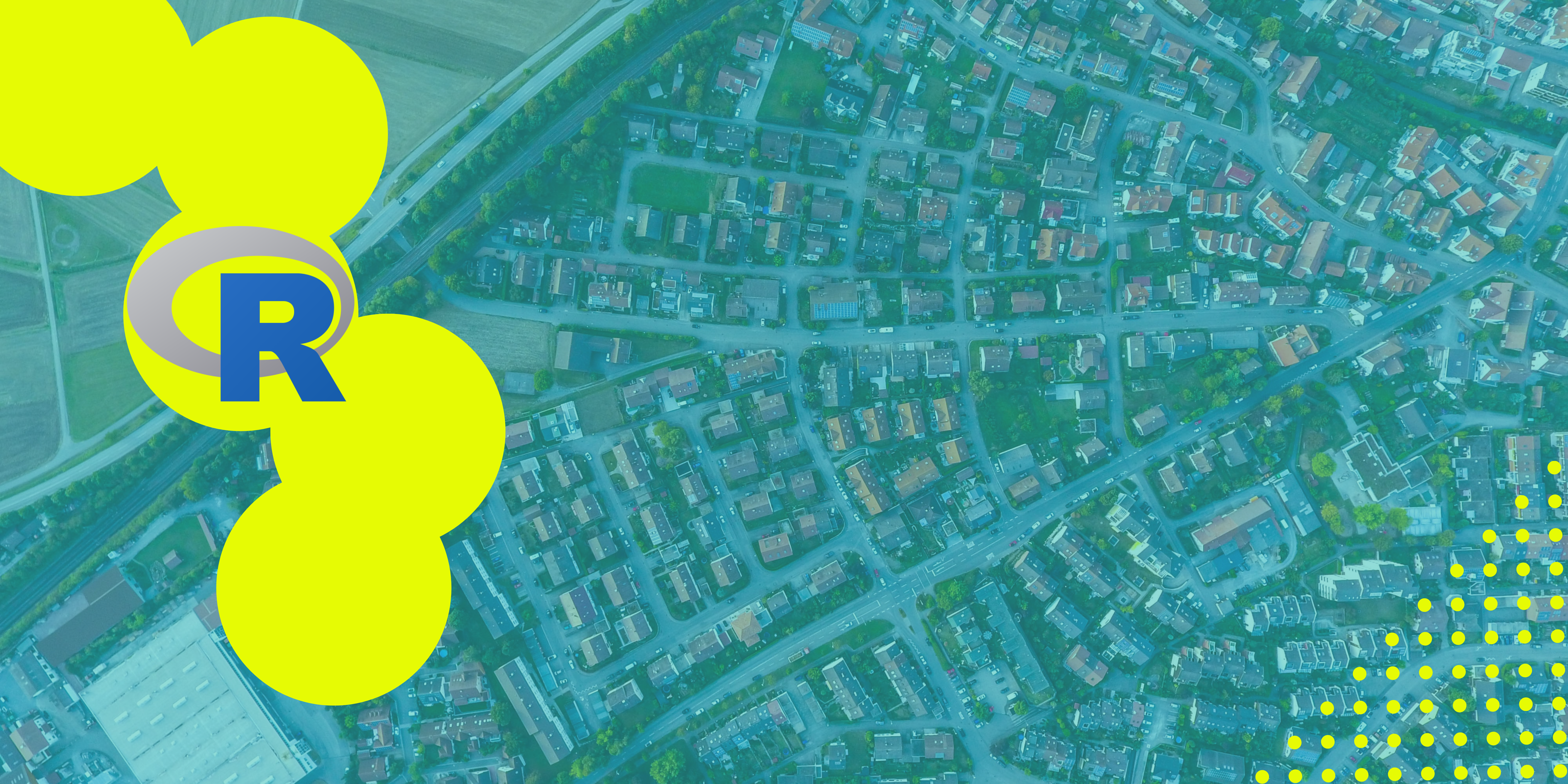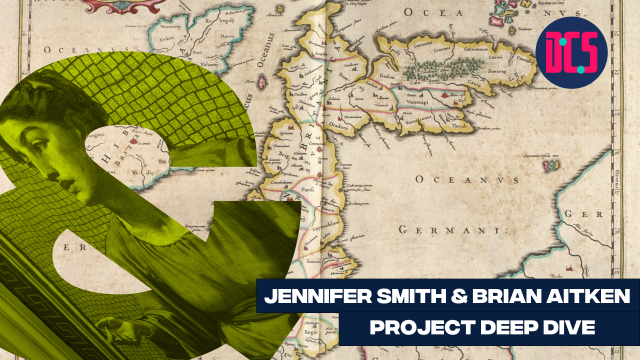Introduction to QGIS and Geospatial Data

In Person
This course will focus on developing skills and a fundamental understanding of Geospatial data and the basic functionalities of QGIS. Each session begins with a presentation introducing theoretical principles. This is followed by a guided practical exercise where these principles can be tested and applied, as well as developed upon. In the second semester there will be more intermediate courses, such as Spatial Data Visualisation, that would be ideal follow ups for participants.
The first session offers an introduction to the fundamentals behind Geospatial data and QGIS and covers:
-
Projections and Coordinate Reference Systems (CRS)
-
The difference between vectors and rasters
-
Working with layers in QGIS
-
Changing projections and the pitfalls of neglecting CRS
The second session focusses on importing and exporting data from different sources by considering:
-
Importing vectors, rasters and delimited text layers
-
Spreadsheets, csv files and attributes/non-spatial data
-
Importing dxf files
-
Georeferencing vectors from non-geographic software (AutoCAD)
-
basic visualisation of geospatial data (2D and 3D)
The third session will introduce more complex concepts around statistics and more advanced analysis of Geospatial data in QGIS:
-
Plugins and QGIS as opensource software
-
Creating new data, attributes and layers using the QGIS Processing Toolbox
-
Using the field calculator in QGIS
-
The print composer and exporting maps
The workshop will ultimately develop a foundational understanding of Geospatial data and the functionality of QGIS through interactive participation in each session. Crucially, this will foster a familiarity with the basic principles and software, allowing attendees to confidently apply these, or indeed seek out new applications for their own and future research.
Those who have registered to take part will receive an email with full details on how to get ready for this course.
After taking part in this course, you may decide that you need some further help in applying what you have learnt to your research. If so, you can book a Data Surgery meeting with one of our training fellows.
More details about Data Surgeries.
If you’re new to this training event format, or to CDCS training events in general, read more on what to expect from CDCS training. Here you will also find details of our cancellation and no-show policy, which applies to this event.
Return to the Training Homepage to see other available events.
Digital Scholarship Centre
Digital Scholarship Centre, 6th floor
Main Library
University of Edinburgh
Edinburgh EH8 9LJ












